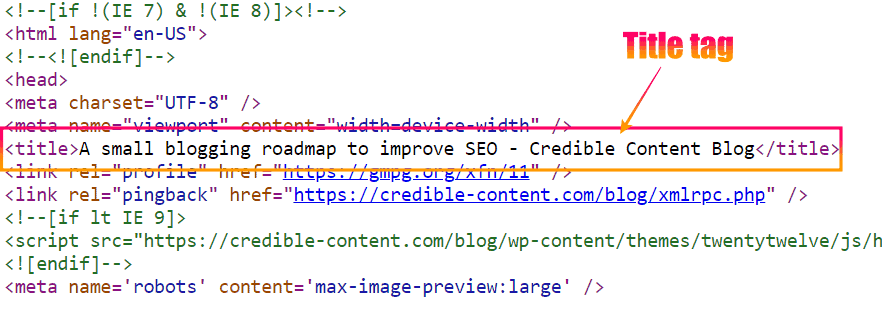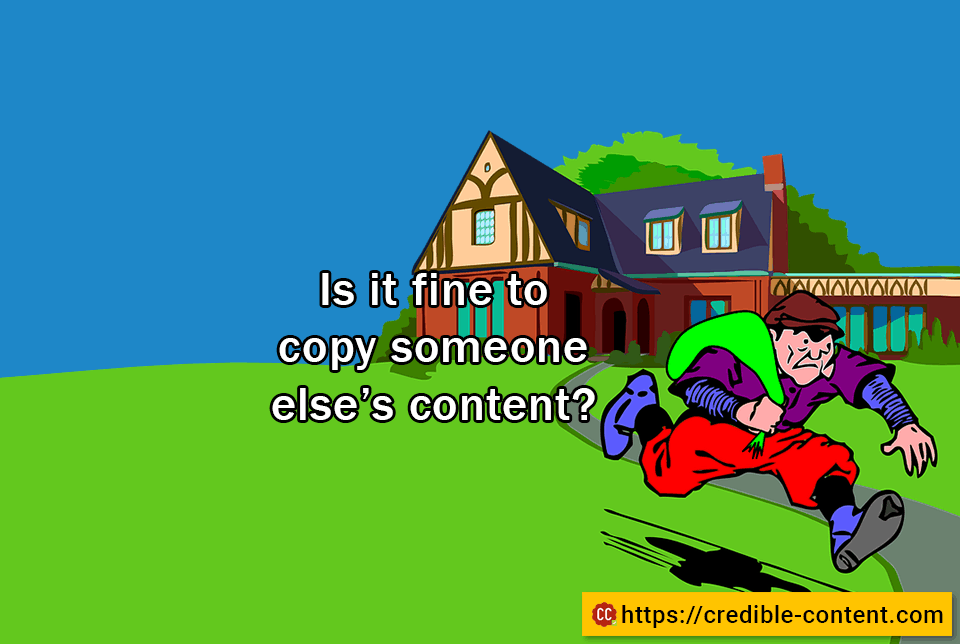Lots of people on the Internet are complaining that Google is randomly changing their website titles. This Moz blog post has just published a complete analysis on how Google seems to be changing titles of various websites and web pages.
A few days ago, I published a blog post titled Why is the title tag so important when writing content? and in that blog post, with a screenshot I had explained what a title tag is and how it is different from a web page or blog post headline:

Various SEO experts (people who are constantly observing what is Google doing with their content) began to notice this peculiarity in search results on August 16. Everyone is speculating that the update was introduced on August 15, 2021.
The author of this Search Engine Journal post quotes some website owners who say that the text for the titles is being picked from the page’s <h1> tag, but many have reported that their text was being picked from the anchor text of some randomly chosen internal link.
So much noise was generated on the Internet that Google published an update explaining how and why they are changing the titles randomly.
They have first explained how the titles are generated:
We are making use of text that humans can visually see when they arrive at a web page. We consider the main visual title or headline shown on a page, content that site owners often place within <H1> tags or other header tags, and content that’s large and prominent through the use of style treatments.
Then they go on to explain why they are changing the titles. They have mentioned three reasons:
- The title is a very long, needlessly long (Google can display only title characters up to a certain point).
- The titles are stuffed with keywords.
- The title seems to use “boilerplate” language. For example, a homepage may have just “Home” as title.
Personally, I think this makes sense. If they leave it on people, they are certainly going to use titles that they think are going to improve their search engine rankings and this sometimes triumphs over creating meaningful titles that actually represent what the web page or the blog post contains.
What can you do to stop Google from rewriting your web page titles?
Well, you can avoid doing things that makes Google rewrite your title. Here are a few things I would suggest:
- Don’t go beyond the recommended title length – 60-70 characters including spaces.
- Create meaningful titles that represent the body text of your web page or blog post. Don’t create titles just to improve your search engine rankings or to misrepresent the information.
- Don’t repeat keywords in the title. Keep it to one keyword and one long tail keyword.
- In the <h1> tag, use a headline or use the text that would also look good, relevant and meaningful as title text when it appears in search results.
These are just suggestions, and everybody is coming up with his or her own set of suggestions. It seems Google is still playing with this new change, and it will take some time before things settle down. Many people are complaining that weird titles are being created by Google. One person said that Google randomly picked a date from the web page and decided to include it in the title text.
My advice would be, create meaningful titles and stick to quality and relevance.



